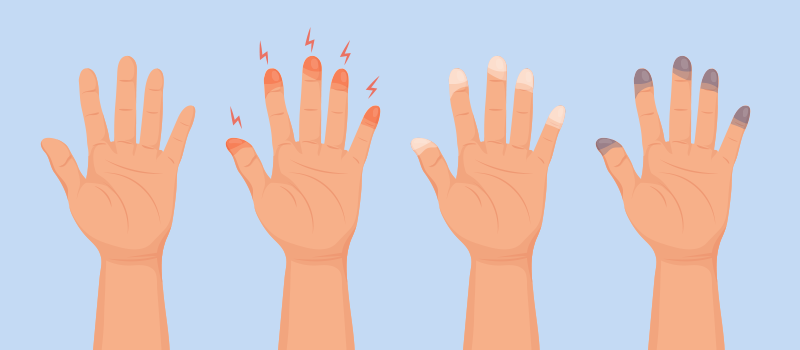- Empty cart.
- Continue Shopping
How to Protect Yourself from Hypothermia

Hypothermia occurs when the body loses heat faster than it can produce heat, leading to a dangerously low body temperature. It can be a serious condition, particularly in cold weather. Understanding how to protect yourself from hypothermia is crucial for staying safe and healthy in chilly conditions.
Dress in Layers
1. Base Layer:
- Start with a moisture-wicking material that keeps sweat away from your skin. Avoid cotton, as it retains moisture.
2. Insulation Layer:
- Add an insulating layer to retain body heat. Fleece, wool, or down are excellent choices.
3. Outer Layer:
- Use a waterproof and windproof outer layer to protect against moisture and harsh winds.
Wear Appropriate Clothing
- Wear a hat to prevent heat loss from your head, which can account for a significant portion of overall heat loss.
- Protect your extremities by wearing insulated gloves or mittens, warm socks, and waterproof boots.
Keep Active
- Physical activity generates body heat. Engage in moderate exercise to help maintain a comfortable body temperature.
Seek Shelter
- If possible, find shelter from the wind and cold. A tent, cabin, or even a car can provide protection from the elements.
Stay Dry
- Wet clothing can rapidly lead to hypothermia. Change into dry clothes if you get wet, and remove any damp layers.
Stay Hydrated and Nourished
- Eat high-energy foods and drink warm beverages to help fuel your body and maintain its core temperature.
Avoid Alcohol and Caffeine
- Both alcohol and caffeine can lead to increased heat loss and impaired judgment, making you more susceptible to hypothermia.
Recognize Early Signs of Hypothermia
- Shivering: The body’s natural response to cold. It’s an early sign that you need to take action.
- Confusion or Slurred Speech: These are signs that hypothermia is progressing and requires immediate attention.
- Weak Pulse or Slow Breathing: These are more severe symptoms and require urgent medical attention.
Act Quickly if Hypothermia Occurs
- Get to Warmth: Move to a warm environment as soon as possible.
- Remove Wet Clothing: Replace wet clothes with dry ones.
- Use Warm Blankets or Layers: Add insulation to help raise body temperature.
- Drink Warm Fluids: This can help raise internal temperature.
Seek Medical Attention
- Severe hypothermia is a medical emergency. If someone’s body temperature drops dangerously low, seek professional medical help immediately.
Conclusion: Prioritizing Cold Weather Safety
Preventing hypothermia is a matter of preparation, awareness, and prompt action. By dressing appropriately, staying dry, and recognizing early signs of hypothermia, you can enjoy cold weather activities safely. Remember, taking precautions and responding promptly if needed are essential steps in safeguarding yourself from the dangers of low body temperature.








